How to Get More People to Share Your Blog Posts
The whole goal of creating blog posts is to get people to read them and to share them so others will read and share. But this goal is getting more...
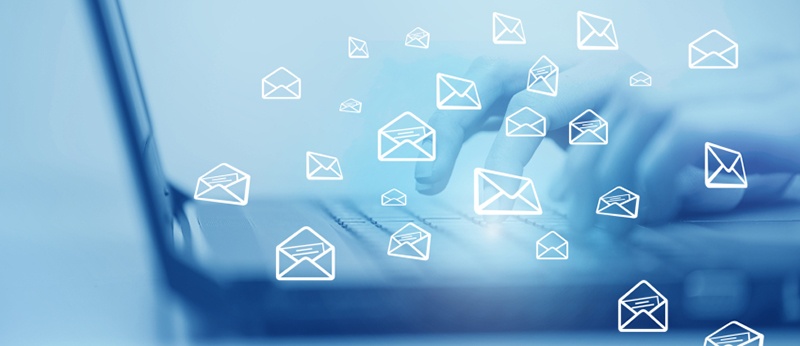
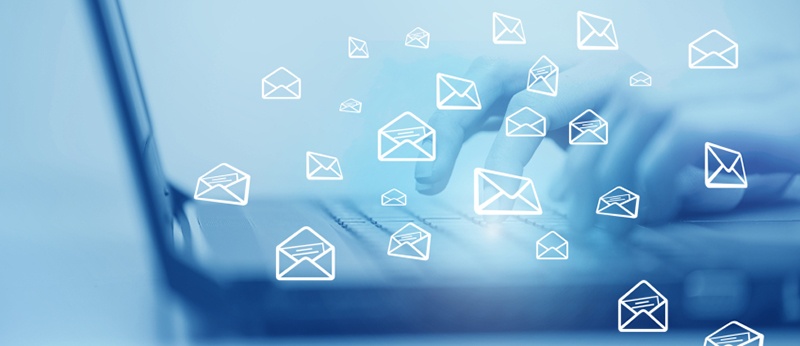
Today we have a guest post from Ashley Lauwereins. Ashley is the Digital Audience Development Specialist with Swift Local Solutions, and is a passionate marketing professional with an extensive B2C background. Her interest in data, design, and researching new trends helps her get the results she wants. When not in front of the computer you’ll find her making jewelry, hiking, or volunteering.
Email is one of the best ways to get your message in front of your customer, but it is also one of the easiest ways to annoy your potential customers if not done correctly. So how can you ensure that you’re using this tool effectively for your business?
While I was attending INBOUND 2016 I learned some great takeaways from a presentation given by Tom Monaghan. I’ve modified them slightly to present you with seven things you should consider to help improve your email efforts.
Who are you sending your email marketing messages to? Is this a list that you’ve purchased? Is this a list that historically sees poor engagement rates?
If you’ve answered “yes” to any of these questions, STOP now. If you’re about to send to a list you’ve paid for, or acquired from someone else, consider this: Lists that you can curate yourself through lead generation tactics have a 4x better engagement rate than those you can purchase or acquire from other sources. In fact, the engagement is only increasing for these lists which should be all the encouragement marketers need to stop buying bad lists.
Before you even begin, ask yourself a few questions:
Ensuring you have answered these clearly will help improve your overall engagement. Swiss Army Knife emails don’t do anyone any good, so start by:
Don’t forget to track the success. Then repeat what works for optimal success.
Personalization is a key and to helping improve your email performance rate tremendously. People like seeing their names and feeling special. Tie this into your marketing efforts by adding some personalization that will be relevant to your audience. Add a name to the email or subject line, show some products they may like.
Personalization Cheat Sheet:
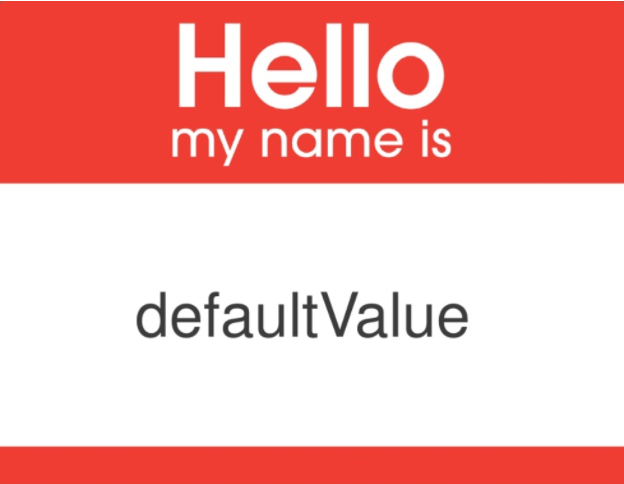
NEVER send an email from “No Reply.” This is one sure-fire way to beg your customers to not-engage. Personalize the from address. This has been proven to show a positive impact on engagement because it shows your message is coming from a real person.
If you’re concerned about the replies you will receive consider this: You WANT those replies. Replies are the best form of engagement and when someone replies they’re more likely to open and click your emails in the future.
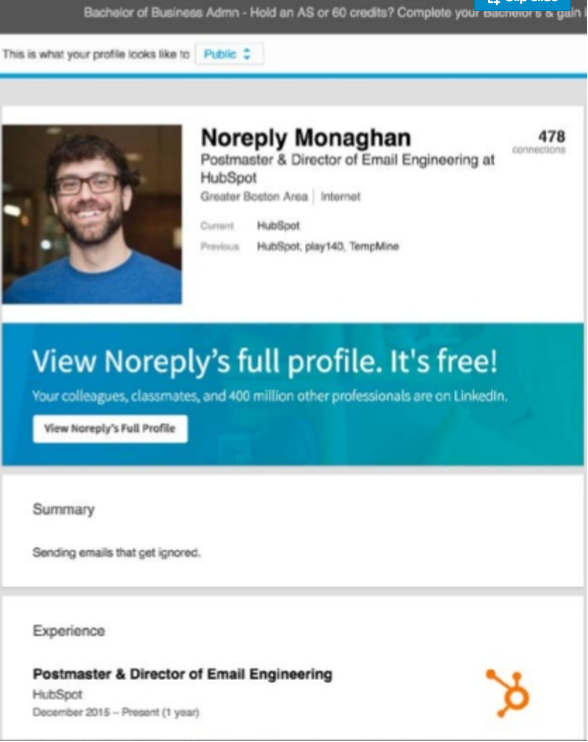
If you want an open, Tuesday is a bad day to send an email. In fact, Thursdays are pretty bad too. As are Wednesdays.
Want an open? Send your email Friday or Monday in the afternoon.
Really want an open? Live on the edge and send Sunday or Saturday. In fact, Saturday is your jam—emails sent on this day are typically read for longer.

Guess what? Email marketers are sending SPAM, and that’s because the definition has changed. Today we have Graymail. Graymail is when someone voluntarily signed up for your email notifications, but over time they stopped interacting with your content.
How can you stop sending Graymail? Suppress those who are not engaging. There is a small chance that they’ll open, but there’s a larger chance that by sending to a high list of unengaged individuals your address will be marked as SPAM by ESPs.
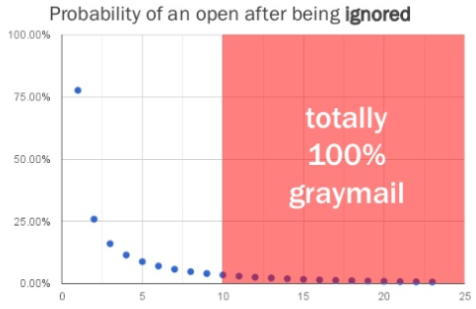
Are clouds starting to form on the horizon for your email marketing efforts? Here’s how you can tell:
When someone unsubscribes:
When someone unsubscribes you are no longer pleasing that person, plain and simple. While this isn’t good, it is not bad; your subscribers are politely telling you they are no longer interested.
Should you be worried? Not necessarily. Look at the unsubscribe rate across similar sends. Check to see if anything has changed. Then, find what has changed. Maybe begin suppressing those who haven’t engaged for a while to give them a break.
Falling opens:
If you’ve noticed that your open rate has drastically dropped, this could mean that your message isn’t being opened because people are no longer finding it in their inbox. Prepare thyself… the worst may be ahead. what mean?
Should you be worried? Yes because next comes the SPAM designation. You definitely don’t want this. Fix the upcoming problem immediately by suppressing your unengaged, looking for a source problem, and beginning to test subject lines to increase your open rates.
You’re marked as spam:
This means your reputation is at risk. Inbox problems are certainly ahead, including blacklistings from ESPs.
If you’re not worried, you should be. Find the problem, decrease the number of emails you’re sending (or stop completely) until the source is found. Fix what’s broken before you hit send again.
No unsubscribes/complaints?
They can't unsubscribe or mark your message if it is in their junk folder. You have a problem.
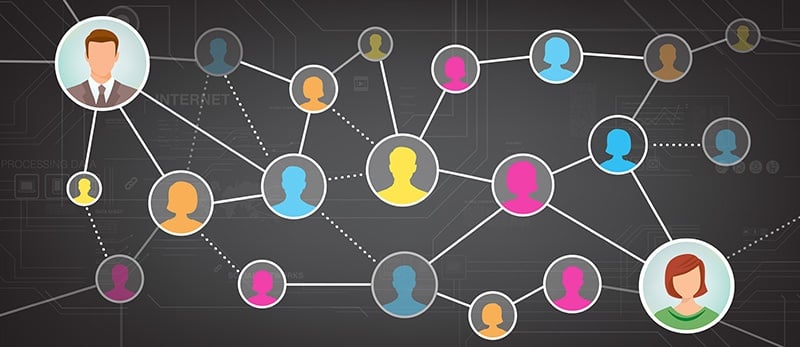
The whole goal of creating blog posts is to get people to read them and to share them so others will read and share. But this goal is getting more...

If you’ve got rare disease, you’re not going to rely on a family doctor for treatment. You need someone who knows everything there is to know about...

A few years ago at HubSpot’s Inbound 2013, one of the keynote speakers was Arianna Huffington. The insight she shared was valuable and has stuck with...